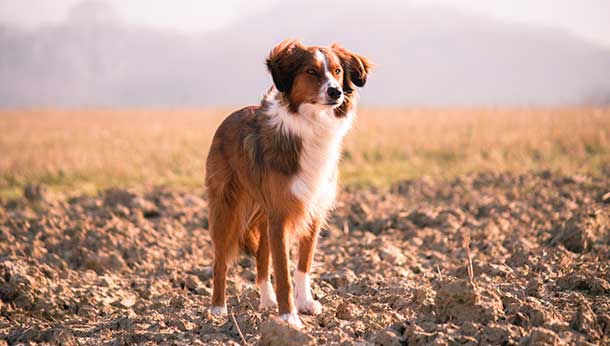Alabama Rot (or to use its clinical name: Cutaneous & Renal Glomerular Vasculopathy) is a very unpleasant and often fatal disease whose origins and causes remain largely unknown. Read on to learn more about identifying Alabama Rot and, most importantly, how to prevent it.
History
As the name suggests, Alabama Rot was first spotted in Alabama, USA in the 1980s. It only affected greyhounds at that point, which led many researchers to believe the roots of the disease could be genetic. Unfortunately, when it was discovered in the UK in 2012 it wasn’t picky and hasn’t been since. An outbreak occurred in 2014, during which the disease did not discriminate between the size, breed, age or gender of its victims.
Scientifically speaking, vets remain unsure what causes Alabama Rot; opinion is divided over whether it’s caused by parasites or bacteria and some US reports suggest it could be linked to E.coli. There has been no evidence for this in any UK cases.
What We Know
More cases are reported between November and May than in the summer months, suggesting that dogs are more likely to catch Alabama Rot in cold climates or wintery conditions.
Again, Alabama Rot does not discriminate. Dogs are at risk whatever their age, gender or breed.
It attacks your dog’s skin and kidneys – often resulting in fatal renal failure. Contact your vet immediately if your dog displays any of the following symptoms:
- Skin lesions (the most obvious sign). It could be erythema – redness caused by increased blood flow, erosion or ulcers. You’re likely to find them on extremities such as distal limbs, the muzzle and the ventrum (underside of the belly) – the body-parts most likely to encounter mud when a dog is out walking. Note: the skin lesions will not pertain to any external incident, collision or accident.
- A high fever
- Lethargy or general illness
- Weight loss
- Vomiting/retching
It’s worth noting that these symptoms can belong to other conditions, therefore we cannot overstate the importance of taking your dog in to visit the vet as soon as you can. The condition can then be diagnosed and the appropriate treatment can be administered.
What Can You Do?

As hard as it may sound, try not to panic. Although it has grown in the UK over recent years, Alabama Rot remains comparatively rare.
Stay calm, alert and aware. Read up on cases around the country and avoid afflicted areas. Though veterinary experts are yet to pinpoint the exact causes of Alabama Rot, they have observed that exposure to an affected animal often leads to a dog developing the disease.
Where possible, keep your dog in your sights when out walking them and check regularly for scars, cuts or lesions.
Avoid dirty, muddy areas and try to take your dog to clean, well-kept grassy areas.
After a walk, particularly if they’ve been rolling around in the mud or if the weather has been bad, wash your dog thoroughly and pay close attention to the areas most commonly affected by Alabama Rot – the snout, the legs and the underside of the belly.
Finally, here’s one more for luck: If in doubt, or if anything at all doesn’t seem right, contact your vet right away.